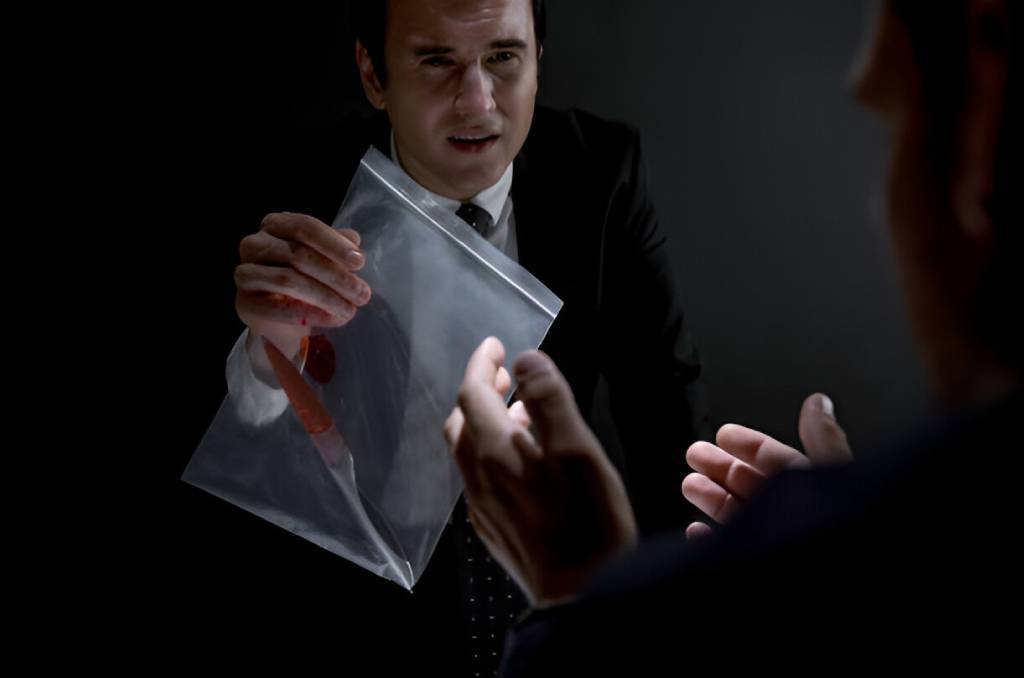Drug crime charges have effects that go far beyond the courtroom. Penalties can include large fines, probation, long jail terms, and a permanent criminal record. Drug laws are typically hard to understand and are always changing, which makes it easy for defendants to give up their rights. A skilled drug offence lawyer can give you important advice, like questioning the search and seizure processes and the validity of lab reports, that can greatly improve your chances of winning.
Having a lawyer by your side during pre-trial motions, plea negotiations, trial, and sentencing advocacy ensures that procedural safeguards are followed, evidence is carefully reviewed, and your constitutional rights are strongly defended.
Navigating Complex and Ever‑Changing Drug Laws
Laws about drugs are famously complicated and vary a lot from place to place.
Specialized Knowledge: A lawyer who focuses on drug crimes is updated on changes to the law, how judges interpret it, and how people are sentenced.
Strategy Development: They know what reasons work in motions to suppress evidence, question search warrants, or attack problems with lab reports.
Local Practice Insight: They know which local prosecutors are likely to offer good plea deals and which ones will push for the harshest sentences. They also know what judges expect at sentencing meetings.
Crafting Effective Defense Strategies
Each case is different, and the defense is made based on the facts and the client’s history:
Disputing Possession: Arguing lack of knowledge or control over the substance (e.g., roommates, planted evidence).
Questioning Drug Testing Procedures: It’s important to question how drug tests are done and point out mistakes in the chain of control, bad handling, or lab mistakes.
Entrapment and Police Misconduct: Showing that the police caused the crime instead of stopping criminals already planning to do it.
Medical and Compassionate Defenses: For drugs like marijuana, showing that you need them for medical reasons that are legal in your state or that you are eligible for a diversion program.
Negotiating Plea Deals and Diversion Programs
In many places, prosecutors offer plea deals where charges or punishments are lowered in exchange for a guilty plea. A skilled drug crime lawyer:
Assesses Risks vs. Rewards: Look at the client’s criminal background, the strength of the evidence, and the possible sentences at trial to see if entering a plea is in their best interest.
Leverages Mitigating Factors: Shows proof of rehabilitation, community ties, work experience, or addiction treatment to get lighter sentences.
Explores Alternative Resolutions: Supports diversion programs, drug courts, or deferred sentencing, which could lead to a record being erased when the case is over.
Guiding You Through Trial and Sentencing
Should your case proceed to trial, the courtroom becomes an unforgiving arena. Trial advocacy demands:
Jury Selection Expertise: Identifying biases and selecting jurors sympathetic to the defense.
Presentation Skills: It includes writing opening statements, questioning witnesses, bringing in expert evidence, and making strong closing arguments.
Sentencing Advocacy: If someone is found guilty, they should fight for the lightest sentence possible by pointing out their personal past, their efforts to change, or the community’s support.
Minimizing Long‑Term Consequences
A drug charge can have effects on many areas of your life, including:
Employment: People with certain crimes are often not allowed to work in certain jobs.
Housing: Landlords often check past records, which limits the number of places you can rent.
Professional licenses: Teachers, nurses, doctors, and engineers may have their licenses suspended or removed.
Immigration Status: People who are not citizens can be deported or denied citizenship.
After you’ve been convicted, these services are just as important as your case in court because they ensure that one mistake doesn’t decide your future.
Emotional Support and Client Advocacy
Being charged with drugs is difficult and hard on the emotions. Besides knowing the law, a defense lawyer offers:
Clear Communication: Breaking down difficult law terms, setting realistic goals, and outlining each step of the process.
Strategic Counsel: Advising workplace disclosure, following bail terms, and dealing with the police.
Access to Resources: Help with finding care for drug abuse, counseling, or support groups that can help reduce harm.
Choosing the Right Drug Offence Lawyer
Due to the important role a lawyer plays, picking the right one takes research:
Experience and Specialization: Look for lawyers whose main job is to defend people accused of crimes, especially drug crimes.
Track Record: Ask about the results of similar cases in the past, such as dismissals, lessened charges, or successful appeals.
Local Reputation: Ask past clients, community groups, or legal aid societies for recommendations.
Transparent Fee Structure: Know how you will be billed (flat fees vs. hourly rates) and ask about payment plans.
Personal Compatibility: Make sure you can talk to your lawyer honestly and trust that they have your best interests at heart.
Conclusion
Every little part of the process, piece of evidence, and strategic choice is very important when fighting drug crime charges. Without a lawyer’s specific understanding of drug laws, defendants risk harsher punishments and long-term harm to others. When it comes to cases this important, getting the right lawyer isn’t just a choice; it’s the difference between losing and winning.







